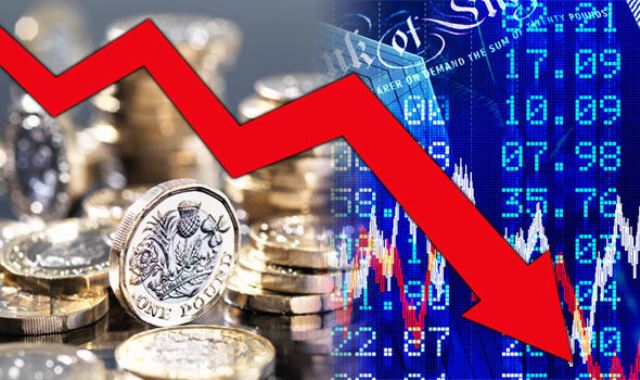Sterling languished just off four-month lows on Tuesday, with risks of a no-deal Brexit seen rising as the battle to succeed Prime Minister Theresa May got underway.
The prospect of a no-deal Brexit, which most economists say would severely damage the British economy, has re-emerged as a key risk for sterling after May said last week she would step down as leader of the Conservative Party on June 7.
With the Brexit Party handing the ruling Conservatives a drubbing in last week’s European elections, many Conservative candidates vying for May’s job are under pressure to deliver a more decisive break with the EU when Britain is scheduled to leave the bloc on Oct. 31.
While foreign minister Jeremy Hunt said no-deal Brexit would amount to “political suicide”, other candidates including front-runner Boris Johnson have signalled they are prepared for that if Brussels does not reopen negotiations over May’s unpopular withdrawal agreement.
Sterling slipped 0.13% to $1.2657, having traded as low as $1.2605 last week. It was down 0.2% versus the euro at 88.405 pence to stand just off four-month lows.
“For the Brexit Party to get so many votes is a sign to politicians that people are not as afraid of the no-deal scenario as most members of parliament. So the no-deal risk has increased a bit,” said Morten Lund, FX strategist at Nordea.
But no-deal Brexit probabilities remain around 15-20%, according to Lund, who expects lawmakers to call a no-confidence vote against any prime minister who chooses that route.
“It’s more or less priced in that Boris Johnson will become prime minister so with the pricing now I don’t see that much downside. I see sterling trading around these levels but with a downward bias,” he said.
The pound has fallen for three consecutive weeks versus the dollar and euro. It has fallen 3% in May as May failed in her effort to find a Brexit compromise with the opposition Labour Party.
Options markets are indicating increasing jitters about the Oct. 31 deadline, with implied volatility contracts expiring after that date trading at a significant premium to those expiring earlier.
The premium for sterling puts — the right to sell at a certain price — has also risen compared to calls which confer the right to buy.












